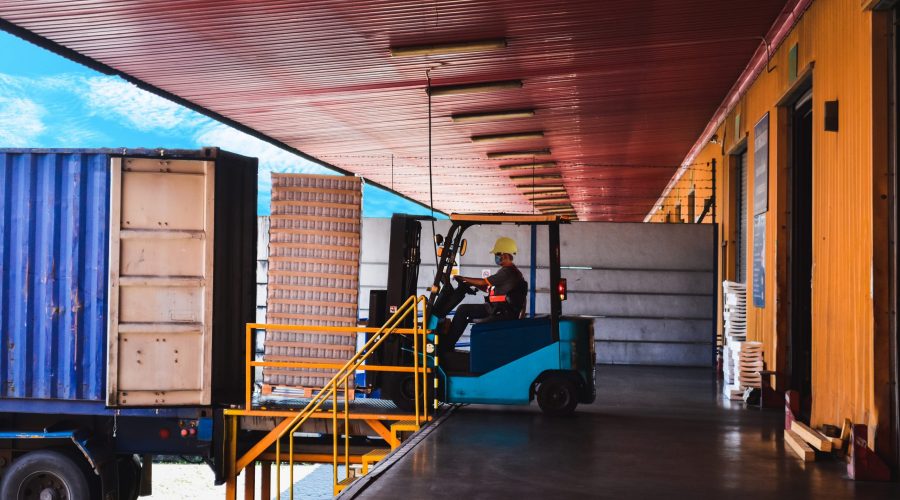
Waller Transport – Able to Manage Your Whole Project
If you’re operating in the food and beverage industry and must import or export goods to or from the UK, ensuring everything goes smoothly can be tricky. Whether in the UK or Benelux countries, knowing how international freight forwarding operates and how all the post-Brexit customs rules work can be crucial in ensuring your goods get to where they need to be on time.
At Waller Transport, we understand that time is money, especially when delivering pallets of goods to your customers or receiving much-needed items for your business. We can help you with the complexities of European pallet delivery, allowing you to navigate the red tape that exists so your passage through customs is smooth.
We’re here to talk about SIVEP and CHED, two acronyms that significantly affect the food and beverage industry in importing and exporting plant and animal-origin products.

What Is SIVEP?
SIVEP relates to Calais, France’s Veterinary & Phytosanitary Border Inspection Office. Its purpose is to oversee the shipment of products derived from plants and animals, as well as animals, as they pass from the UK into the EU.
To pass through this part of customs clearance smoothly, any shipment must be accompanied by the correct sanitary documentation (CHED: See Below). This is mandatory when moving from the UK, with all Europe pallet deliveries needing one.
This process can be expedited with a Border Pass, which means that any driver delivering pallets on the European mainland will not have to present any documentation. In this instance, all that’s needed is for MRN/barcodes to be given to a UK Pit Stop agent for sanitary and phytosanitary (SPS) shipments.
What Is CHED?
CHED stands for Common Health Entry Document, which operators use to provide prior notification that a consignment of animal or plant-based goods is to arrive in any given country. They’re used internationally, so they are used when cargo moves between the UK, EU and non-EU countries.
When these goods arrive in the UK, part 1 of CHED documentation must be submitted via the IPAFFS system for every consignment.
Why Are They Necessary?
When freight forwarders transport plant and animal-based goods over international borders, SIVEP offices and CHED documents ensure that the delivery company is adhering to all known animal cruelty and hygiene guidelines.
Particularly when transporting animals, it’s imperative that humane conditions are provided and that everything is conducted with their welfare as the primary focus. Failure to adhere to the rules or present CHED documentation may result in consignments being returned to their country of origin.

Waller’s Dedicated Customs Team
Needless to say, all the international freight forwarding rules can spin your head, particularly as what we’ve described here is just a small part of what’s involved. The good news is that at Waller Transport, we have a dedicated customs team who are in place to help guide you through these potentially choppy waters.
We can help you avoid shipment delays with insight, such as knowing that physical checks and certification for animal-origin products will be introduced as of the 1st of November 2022. Moreover, our all-encompassing, 360-degree, point-to-point, multimodal logistics service allows us to steer you through customs complexities, giving you absolute peace of mind.
Let Waller Transport Take the Strain For You
So if you’re operating in the food & beverage industry in the UK or the Benelux region and you’re struggling to deal with the red tape surrounding international import/export shipments, let Waller Transport help you. We can take care of the whole process, allowing you to focus on your business.
To find out more about us and why we’re the number one choice for companies who deliver pallets, visit us today at www.wallertransportservices.co.uk or call us at 01473 254 717, and we’ll be delighted to assist you any way we can.
